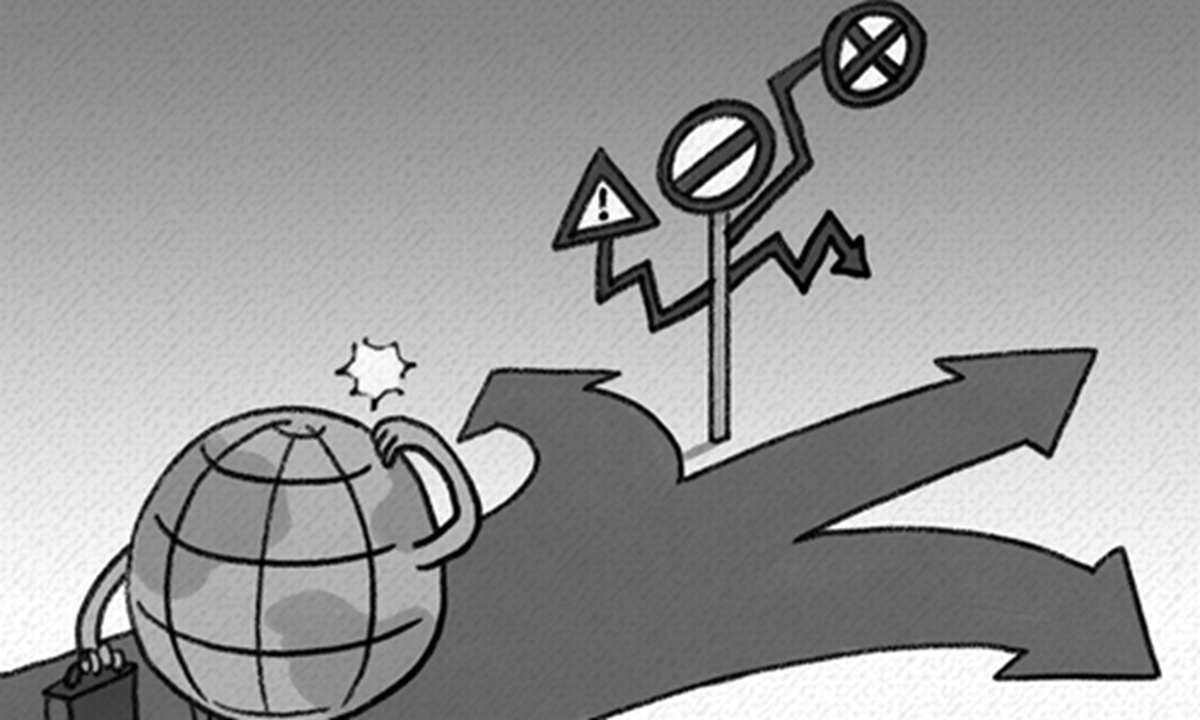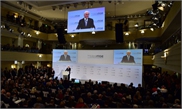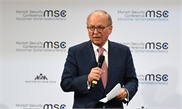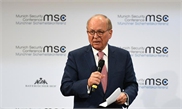
Illustration: Liu Rui/GT
The result of the US presidential election has spurred scholars to ponder how the new US administration might influence world affairs. Almost all of them agree that the world is now different in comparison to the years of Joe Biden's service as vice president.President Donald Trump exerted policies which questioned the basic norms of trade and the very concept of globalization. He also alienated the US from its partners and made unilateral decisions that generated international criticism, such as the withdrawal from the Paris Agreement.
Biden has pledged to rebuild trust in world governance. His mission will be hard in a period during which the US' public image in several countries has reached a record low.
A September 2020 Pew Research poll shows that views of the US have deteriorated further, with a median of only 34 percent across the 13 countries surveyed expressing a positive view. A provisionary return to multilateralism will perhaps reverse some of these trends.
There are tremendous challenges ahead though. The COVID-19 pandemic persists and has not been efficiently managed. Even if the finding of vaccines prompts hopes for a return to normalcy in the second half of 2021, the economic recovery will be the most difficult part of the equation.
The coronavirus has exacerbated poverty and inequalities. The US constitutes no exception. Risk factors associated with the severity of the disease are often correlated with income. Poor people who are currently suffering more will be also struggling more to find jobs in the future.
Joe Biden needs a robust domestic front to pave the way for a new internationalization of US foreign policy. While internal politics will not be calm without a Democratic majority in Congress and with Trump arguably leaving the GOP, external dilemmas are long-standing. China is the focus. But China should not be held accountable for several setbacks in American foreign policy in the 21st century. So, while Washington is engaged in a strategic competition with Beijing, it needs to accommodate this policy with its attempt to lead in several parts of the world. In so doing it needs the support of other countries - that will not necessarily join forces - even under a Biden administration.
Contradictory interests and features can apply according to specific regions. The example of Turkey is characteristic of this. A NATO member state strikes a balance between the US and Russia. Ankara cooperates with Washington but occasionally defies its pressure as happened with the purchase of the S-400 missile system from Moscow. A different world is being shaped. Partners agree on some issues and disagree on others.
Western scholars have already started to debate about "Westlessness." This was, for instance, the main theme of the 2020 Munich Security Conference. The president-elect will seek to restore American leadership. The outcome of the bargain of the US with its partners is yet to be assessed as it depends on several factors. The EU, for instance, which has welcomed Biden's victory in its hope to strengthen transatlantic ties, will enter a critical phase soon. German Chancellor Angela Merkel is expected to leave politics in September 2021 leaving a vacuum behind.
China's course does not change. The return of the US to multilateralism will create opportunities that will possibly serve its development. Irrespective of this, China will continue with its endeavors to influence the international system with its own initiatives. Speaking at the APEC virtual event a few weeks ago, President Xi Jinping gave a combination of the two approaches by welcoming the signing of the Regional Comprehensive Economic Partnership while positively considering joining the Comprehensive and Progressive Agreement for Trans-Pacific Partnership.
The world is being changed but the desideratum for the international community remains the same: peace and prosperity. The amalgam of different practices and methods can unleash a new equilibrium of power that will comply competition, occasionally rivalry, with coexistence.
The author is a lecturer at the European Institute in Nice, France. opinion@globaltimes.com.cn



